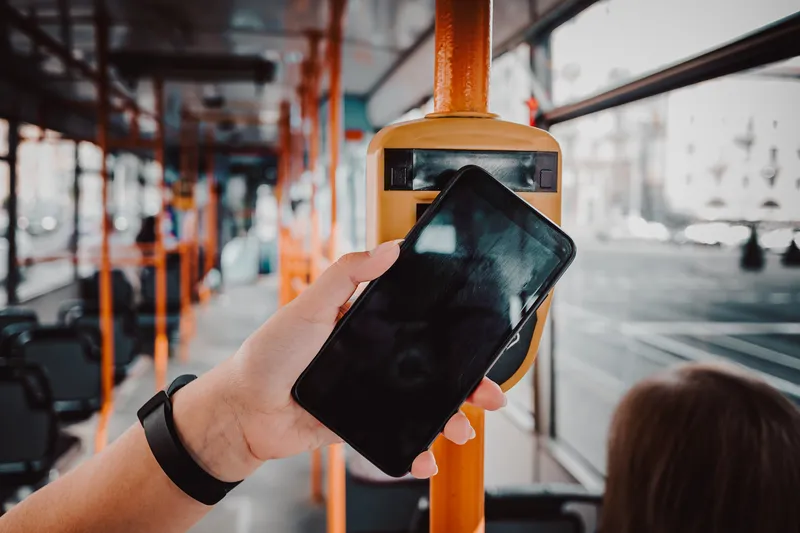
Visa has confirmed that 84% of 9,000 adults who took part in a survey are expecting to use public transit in future as often as they did pre-Covid-19.
Of the nine countries surveyed, the two that took the biggest hit to ridership have the highest rates of users expecting to return to full usage: 96% in Mexico and 88% in Canada.
Findings show that while six out of 10 cited concern over Covid-19 as the reason for their decreased use of public transit, 38% said they want to reduce contact with commonly-used surfaces - such as when buying a ticket.
The study also uncovered an expectation for public transit to offer contactless payments and ticketing, with 88% of global respondents stating they want the option moving forward.
In the US, nine out of 10 participants expect public transit to provide contactless options, with nearly 60% saying they strongly expect that to be the case moving forward.
According to Visa, the majority of younger adults continue to include public transit in their “sustainability-embracing lifestyle”.
Creating a transit system that aligns with the needs of Gen Z (those born between 1997 and 2012) and millennial (those born between 1981 and 1996) riders is expected to play a vital role in getting back to pre-Covid levels of travel.
The survey reveals 54% of Gen Z's are currently using public transportation for leisure activities, such as dining, shopping or spending time with friends.
More than half of millennials are using it to commute to work while 52% rely on public transportation for daily errands.
Elsewhere in the study, attitudes around mask wearing have remained very positive, as 68% of public transit users confirmed they'll continue to wear a mask when riding.








